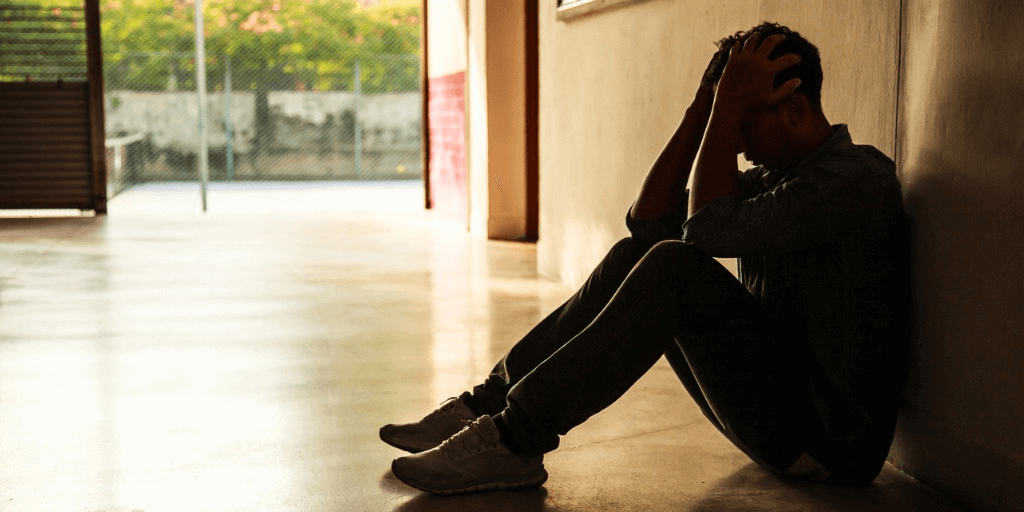Teenage relational violence: A framework for recognition, assessment, and prevention

Strengthen your clinical approach to adolescent relational violence, cyber-bullying, family impact and mental health with evidence-based research and actionable clinical insights.
The Emmy wining Netflix series ‘Adolescence’ captivated audiences with its raw portrayal of teenage life, relational violence, and youth identity—and sparked critical conversations among clinicians, educators, and families. Conversations that now continue in this training. Using the series as a springboard, this course offers a unique opportunity to explore the psychological, social, and systemic contributors to adolescent relational violence through a clinically informed lens.
“What does it take to push a seemingly normal teen over the edge? This course will offer a practical approach to understanding the teen male psyche. In the process, both the complexity and simplicity of an answer will become apparent.” – Dr. Marshall Korenblum
Adolescents today must navigate a world shaped by digital relationships, social pressures, and rapidly changing expectations around identity and connection. These pressures effect both boys and girls, but this workshop will focus on the impact on boys. One consequence of these changes is a rise in relational violence, leaving clinicians and educators wondering what they can do to prevent its spread.
This timely, skills-based training equips mental health professionals with evidence-informed tools to recognize and assess teens at risk of relational aggression. Through a case-based discussion anchored in the critically acclaimed Netflix series, ‘Adolescence’, participants will gain a deeper understanding of the interplay between trauma, peer pressures, parental confusion, and digital influences such as “the manosphere”. Each session blends developmental theory with practical application and equips participants with tools they can use in clinical settings.
Learning objectives:
- Core drivers of teen relational violence, including distorted masculinity and the need to impose social hierarchies.
- The impact of social media, cyberbullying, and online echo chambers (including “the manosphere”).
- Hallmarks of effective clinical assessments and red flags of the transition from ideology to action.
- Strategies for recognizing and supporting distressed/overwhelmed parents.
- Understand ways in which we can improve the safety and security of today’s teenagers.
- Reflect on and consider ways in which we can improve the safety and security of today’s teenagers.
Training format: This course uses a flipped-classroom model. Participants will independently watch episodes of ‘Adolescence’ each week. These will serve as a springboard for moderated discussion and clinical application during the live webinar. The live webinars will include:
- A facilitator-led reflective group exercise, where attendees address clinical issues raised by each episode through peer consultation.
- An academic debrief led by Dr. Marshall Korenblum, synthesizing research, practice insights, and actionable strategies.
Overview of session topics and discussion themes:
Day 1: Pre-watch episodes 1 and 2 – Selected scenes anchor discussion and deepen reflection.
- The Roots of Relational Violence. How at-risk teens can appear quite “normal”. The disconnect between fathers and sons. How little parents know about their adolescents’ lives.
- Social Pressures in School and On-line (cyber-bullying). Who’s in charge? Teachers or students? If/when adults are ineffective or unavailable, who/what fills the void? Anonymity and speed—why cyber-bullying is so harmful; society’s over-emphasis on appearance.
Day 2: Pre-watch episodes 3 and 4 – Selected scenes anchor discussion and deepen reflection.
- Assessing Mental Health in a Relational Context—Identify the effective elements of an assessment of potential relational violence.
- Family Trauma and Societal Impact—Explore parental guilt, shame, and confusion when a child has committed a crime. Examine the power of denial in families; learn how a youth’s behaviour both affects and reflects his caregivers. Develop strategies to support families through a trauma journey and recognize the ubiquity of societal factors (e.g., “incel” culture) and fragmented systems of care.
This training gives practical clinical skills to better engage with teens and create meaningful change for them and their families when trying to prevent and address relational violence. Whether you work in community settings, schools, or hospitals, this training will deepen your clinical understanding and provide new perspectives, thus empowering you to better handle the psychological needs of adolescent boys today.
Register today to build essential skills and insights to better support teens and families navigating the complex realities of adolescent violence and mental health.



